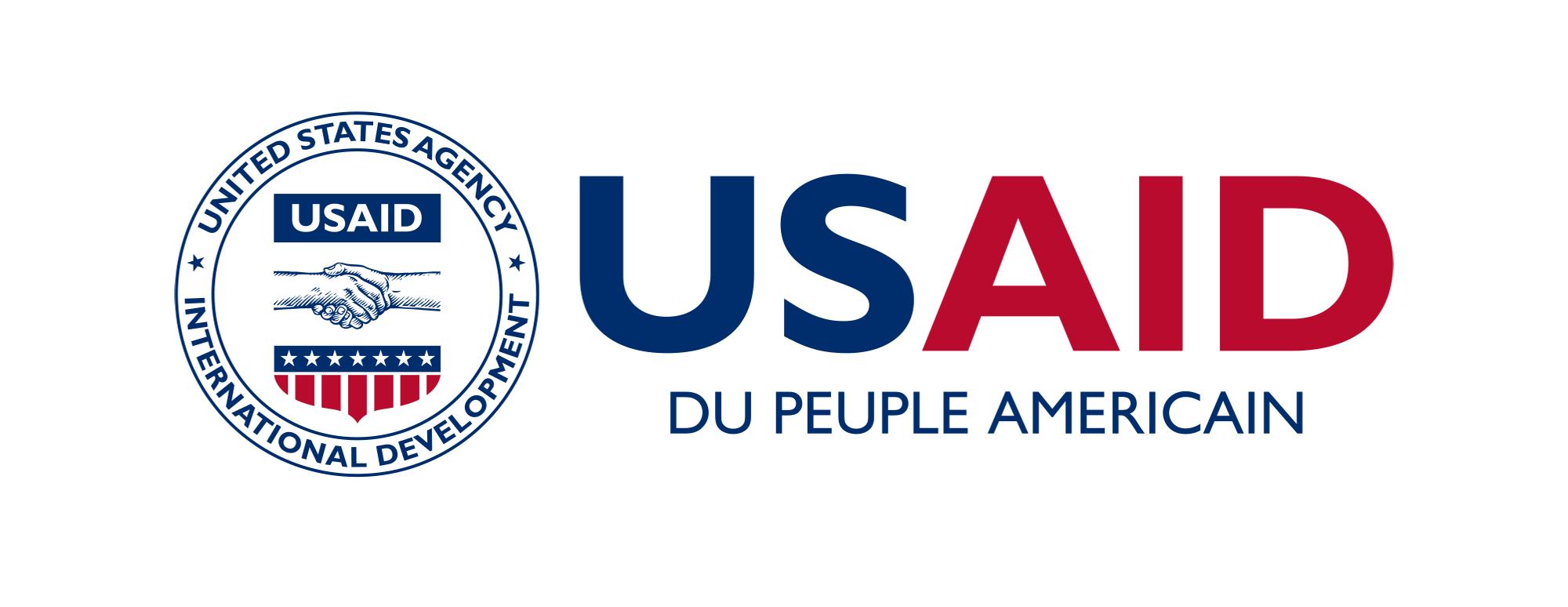By Kayode Ibrahim, Public-Private Partnerships Officer
Most business ventures reach success after navigating through instances of “trial and error.” Such is the case for many of the companies in West Africa, and for Nalmaco Nigeria Limited (Nalmaco), a food and processing company in Kaduna State, the errors were causing significant losses. In its nearly four decades of operation, Nalmaco lost over $2 million by implementing an inefficient outgrower model. In 2020, Nalmaco contracted 800 farmers to cultivate maize, soybeans, and sorghum in Kaduna, Katsina, and Kano States respectively. With an average loan amount of $375 per farmer, Nalmaco invested $300,000 in financing agricultural inputs like seeds, fertilizer, and agrochemicals. However, at harvest, Nalmaco only recovered 18.9 percent of its pre-finance loans, resulting in a loss of 81.1 percent ($243,300).
Nalmaco’s policy of blacklisting loan-defaulting farmers and recruiting new ones each farming season yielded no result and only led to more losses. This led to a decision by Nalmaco’s management to only partner and collaborate with institutions that would help reduce its financial risk in the following farming seasons. Nalmaco’s plans to implement outgrower incentive mechanisms that would foster social trust, commercial sustainability, and shared prosperity for all stakeholders were in line with the USAID-funded West Africa Trade & Investment Hub’s (Trade Hub’s) objectives.
In September 2021, the Trade Hub awarded Nalmaco a co-investment grant of $834,062 to support its grains aggregation and processing project and its objectives that were congruent with the Trade Hub’s targets of improving food security and fostering agribusiness competitiveness. The project’s main goal was to engage 2,000 farmers cultivating maize and soybeans in Soba, Igabi, and Giwa local government areas (LGAs) of Kaduna State. Through this co-investment grant, Nalmaco hired eight agricultural extension agents to screen and enroll 1,600 farmers (49 percent of these farmers were female and 81 percent were youth) into its database for the 2022 wet season.
To ensure success in its outgrower loan recovery for the 2022 wet farming season, Nalmaco improved its approach. As part of its enrollment process, the farmers were required to present a letter of recommendation from their respective community or religious leaders. Nalmaco purchased seeds, fertilizer, and agrochemicals from producing firms at wholesale prices during the off-season and distributed them to participating farmers with no interest, building trust and loyalty between Nalmaco and the farmers. Nalmaco continued regular field checks and frequent meetings with farmers’ producer associations to remind them of the company’s supply agreement, discuss long-term collaboration, and strengthen the partnership.
For the 2022 wet farming season, Nalmaco provided a $636,242 input loan to 1,600 farmers, averaging $527 per farmer. The input loan included seeds, fertilizers, and agrochemicals. The Extension Agents monitored and mentored the farmers on pre-and-post-harvest good agronomic practices. To date, Nalmaco has recovered 99.25 percent ($631,470) of the pre-finance agricultural input loan from 1,589 farmers out of the 1,600 enrolled. These 1,589 farmers harvested and supplied 18,487.58 metric tons (MT) of grains (11,035.25 MT maize and 7,452.33 MT soybeans) to Nalmaco. After Nalmaco deducted the credit financing, the 1,589 farmers received a harvest advance of $10.75 million, a net value of $11.38 million.
Nalmaco considers the Trade Hub’s technical training, mentoring, and guidance to be a significant part of the tremendous success of the 2022 wet season outgrower partnership.
“The Trade Hub team has been outstanding, in the oversight and monitoring, ensuring compliance of the project, evaluating our manuals, and ensuring quality spot-checking of the entire outgrower program,” said Nalmaco’s Project Manager, Abubakar Nuhu Aliyu.
Farmers now harvest 3.3 MT of maize and 2 MT of soybeans per hectare, up from the baseline 2 MT and 1.2 MT, respectively. Farmers are pleased to share stories about their output success—especially for yields they never reached before the partnership—which fosters transparency.
“The outstanding lesson learned was that farmers are quick to adapt to changes in the pattern of their farm cultivation once they trust the partnership and have certain control over the input choices with a guaranteed offtake market,” shared Abdulwahab Abubakar, Nalmaco’s Monitoring, Evaluation, and Learning (MEL) Specialist.
Abubakar affirmed that the 2022 outgrower experience and lessons learned will continue to be used in collaboration with the 400 additional farmers who will be onboarded for the project in the 2023 wet season farming, and to establish and manage a commercially sustainable outgrower program post‑Trade Hub intervention in the future.

